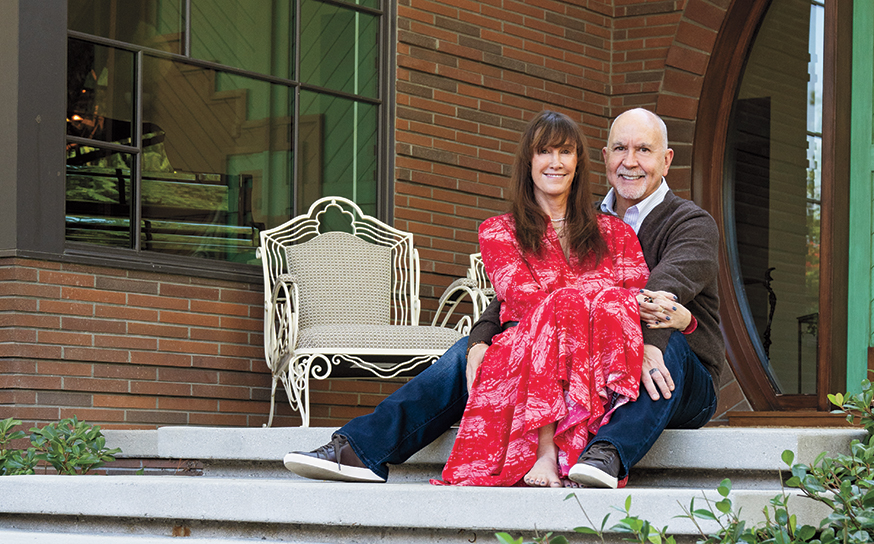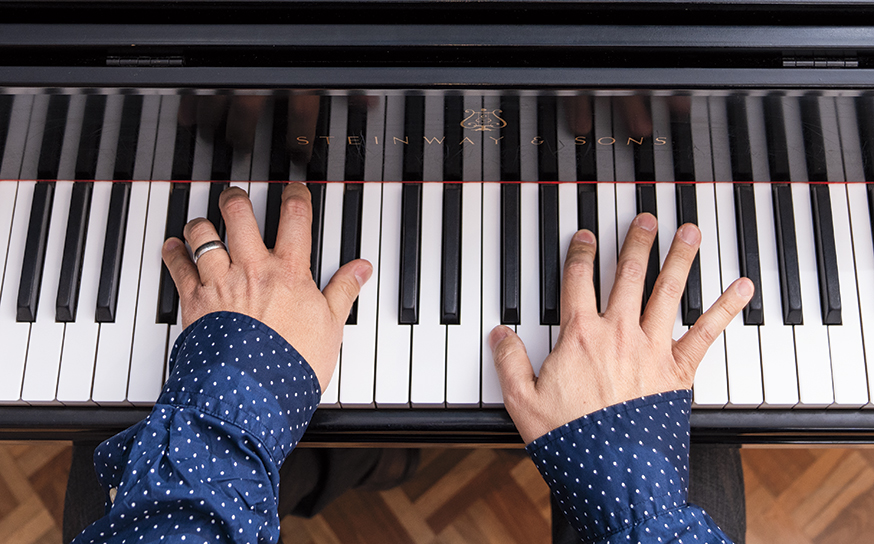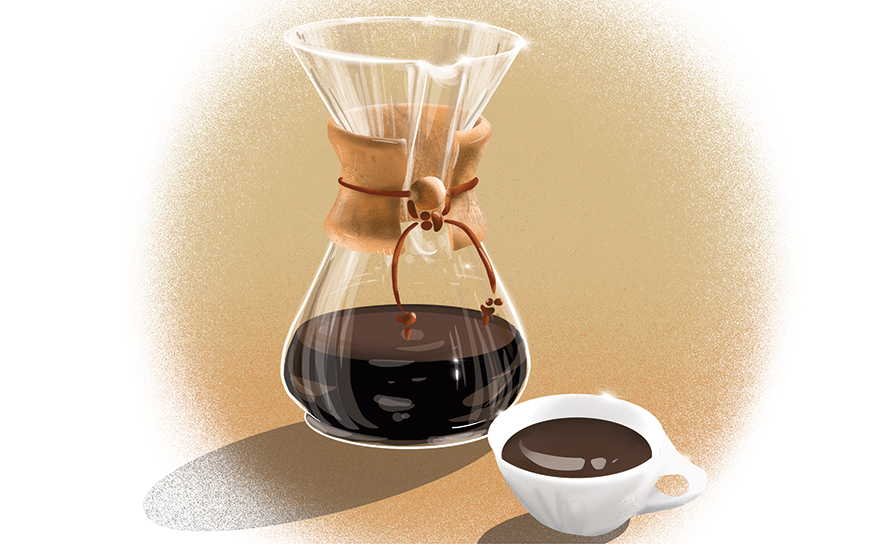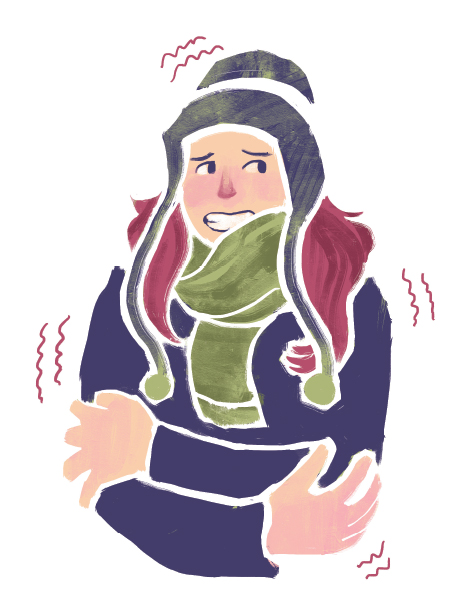
What’s Up, Doc?
A few readers are feeling old, cold and inflamed. No worries. We’ve got them covered with some great expert advice.
-
CategoryPeople
-
Written byVictoria Clayton
I recently got Restylane injected under my eyes to fill the hollowing that made me look old and tired. After a few days, the filler seemed to seep downwards, creating puffiness near the top of my cheekbone. What gives?
Both Restylane and Juvederm are gold standards for the under-eye area. There could’ve been a problem with how your filler was injected, though. In order for filler to perform properly in this unforgiving, delicate area, it must be injected below the muscle and over the bone, says Michael A. Persky, MD, FACS, an Encino facial plastic surgeon. Keep in mind that just because many medical practitioners offer cosmetic injections like Botox and filler, it doesn’t mean they’re all equally qualified. Dr. Persky suggests trusting a board-certified cosmetic dermatologist, facial plastic surgeon or ocular plastic surgeon. Also, it may not be your eye area that needs plumping. “Many people come in concerned with the area under their eyes, but the real solution is cheek filler,” says Dr. Persky. When cheeks are plumped appropriately, the skin stretches and improves the look of recesses under the eyes. Some patients won’t even need under eye filler, or may only need a small amount, according to Dr. Persky. 
I’ve heard a lot about “anti-inflammation” foods lately. Can a special diet really help reduce inflammation?
Research shows a potential connection between chronic inflammation in the body and conditions such as type 2 diabetes, cancer, heart disease, arthritis and more. “From my perspective, anything we eat has an effect on our health and well-being,” says LA-based dietitian and Academy of Nutrition and Dietetics spokesperson Vandana Sheth, RD. “But when it comes to how effective anti-inflammatory foods are at reducing chronic inflammation in the body, the evidence is still emerging.” In general, however, anti-inflammation diets emphasize antioxidant-rich fruits and vegetables, fish (omega 3 fats), whole grains and heart healthy fats from nuts, seeds and avocado. The diets also encourage eating more plant proteins such as beans and lentils, using herbs and spices, and limiting your intake of processed foods. Anti-inflammatory or not, these foods have undeniable benefits for all of us.
We’re living in one of the mildest climates in the U.S., and yet I’m often cold. Might I have a health problem?
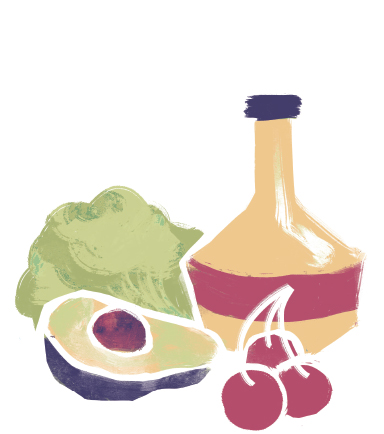
Probably not—but do mention your symptoms to your doctor. One of the more common causes of cold intolerance is an underactive thyroid, aka hypothyroidism, says Melanie Goldfarb, MD, director of the thyroid clinic at Providence St. John’s in Santa Monica. “One of the more important things the thyroid does is help regulate the temperature in your body. So if you have hypothyroidism, you’ll feel cold and probably sluggish.” Other symptoms: constipation, hair loss and weight gain. A blood test called TSH (thyroid stimulating hormone) can determine thyroid function and additional blood tests will likely be needed if your TSH is abnormal. As far as health problems go, though, hypothyroidism isn’t too awful. It’s usually easily treated with a thyroid replacement medication, which has few if any unwanted side effects.





